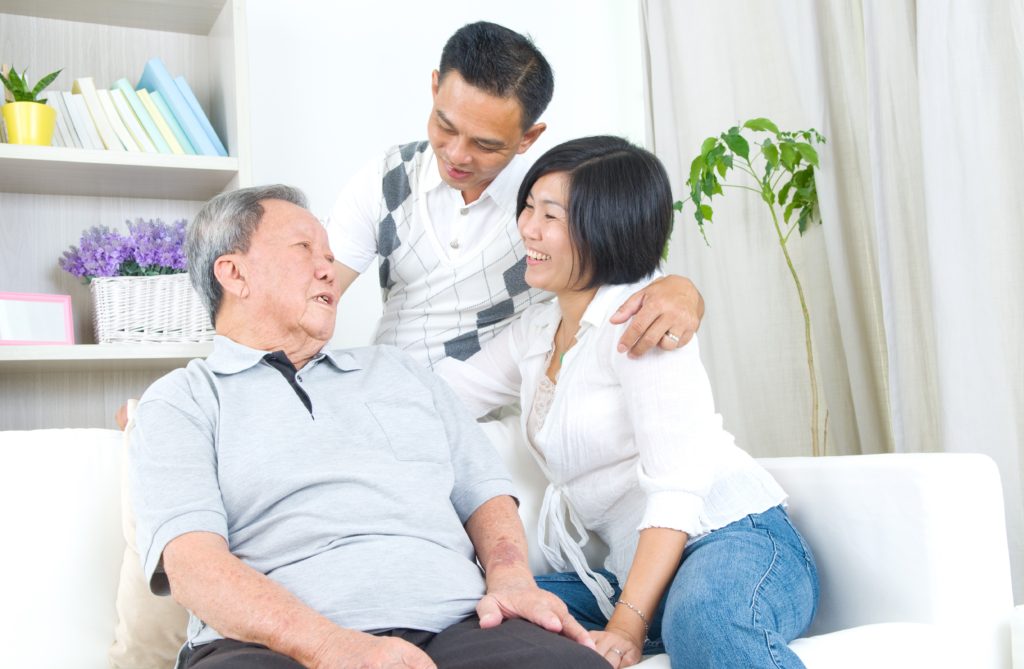American singer Tina Turner, the Queen of Rock and Roll, with her sultry, powerful voice, big hair-do, high heels and short skirt delivered a convincing vocal in “What’s love got to do with it”. As if demanding an answer, Turner looks you in the eye and repeats over and over :
What’s love got to do, got to do with it
What’s love but a second hand emotion
What’s love got to do, got to do with it
Who needs a heart when a heart can be broken
Well, is it really just a “sweet, old-fashioned notion” as dismissed by the song? And what has love got to do with mental wellness? Plenty, so it seems, as evidenced by science and research data. Love is all around us (so goes another song) – even more so on Valentines’ Day, when you can’t walk through any mall without being assaulted by ridiculously-priced roses and teddy bears. To appreciate how it impacts our health, we should perhaps more clearly define love. Some definitions of love on Wikipedia include:
Love is an emotion of strong affection and personal attachment.
Love is also a virtue representing all of human kindness, compassion, and affection as well as “the unselfish loyal and benevolent concern for the good of another.”
Love may be understood as part of the survival instinct, a function to keep human beings together against menaces and to facilitate the continuation of the species.
Something quite unexplainable happens to us when we “fall in love” or enter into a deep, close and loving relationship. It’s not just about blinking puppy eyes, super sweet sentimental love ballads and lovey-dovey emoji texts. It’s an experiential phenomenon in our brain. Never been smitten? Well, these could be some benefits of Cupid’s arrow hitting you:

You Get A Dose Of Basic Need
It’s not just fuzzy feelings when we “fall in love”; in fact it is an immensely powerful emotion which we first experience as an infant from our parents or carergivers. The Beatles may be quite right when they sang “All we need is love” as demonstrated by a study conducted by Harlow (1958) that love can have a huge impact on the behaviour and development of an individual. The study also suggested that love and affection are as important basic needs as food and water.

You Get A Little Help To Fight Disease
Several studies show that even patients diagnosed with cancer recover much faster during treatment when they have strong family ties and loving support. According to Esch and Stefano (2005), love, compassion and joy improve the functioning of our immune system and help us to battle diseases. There is also evidence that married persons are happier, live longer, consume less alcohol and fall ill less often than single people. It’s not just in romantic interactions, as research also show that strong positive relationships with friends and significant others improve health outcomes in a huge way. Those who were happier and more satisfied in their relationships showed lower levels of depression, anxiety and self-consciousness. Laughter, as we know, is good for our soul and indeed “the best medicine” for our mental well-being. Love is an anti-depressant.

You Get To De-Stress
It’s true – a healthy, encouraging relationship actually alters your brain function. In fact, just clasping a friend’s hands or putting your arms around your partner is enough to keep you from further stress, lower your anxiety and keep you calm. Wikipedia defines allostatic load as “the wear and tear on the body” which grows over time when the individual is exposed to repeated or chronic stress. Seeman et al. (2002) conducted a study on allostatic load and social experience and found that positive social experiences and higher levels of social integration were associated with lower allostatic load. The good news is that it was shown for all age groups. Additionally, each show higher blood levels of oxytocin — the bonding hormone that relieves stress and improve mood.

You Get A Natural Make-Over (Physically and Mentally)
There is no need to buy extra supplements or facial products. Scentists have discovered that the secret to natural make-overs is in the reward center of our brain. It lights up just by looking at a picture of our loved ones. Positive relationships are so powerful – they motivate us to make positive lifestyle changes such as improvement to our diet or exercise regime. According to Psychology Today, research shows that couples in love can greatly affect each other’s healthy choices — whether you’re quitting smoking or taking a walk. In one study, if one partner gave up alcohol, the other was five times more likely to stop drinking. Another study discovered that loving long-term relationships boost athletic performance. With increased blood flow to the skin, being in a happy relationship gives your skin cells nutrients and oxygen that help make you look physically younger. And it makes sense too – people radiate positive energy when they are happy, supported and motivated; they look attractive and confident. Isn’t that a feeling that’s worth a glow in itself?
Perhaps we should let Turner know that love is not “a second hand emotion” and even if our hearts break over and over, for all its benefits of love, we will need every ounce of it.
So, make sure you get your daily dose of hugs, affection and smiles. This Valentine’s Day, don’t miss out on the positive health benefits of love whether it comes from loving your friends, relatives or partners! Here’s to a healthy Valentine’s Day filled with love!

